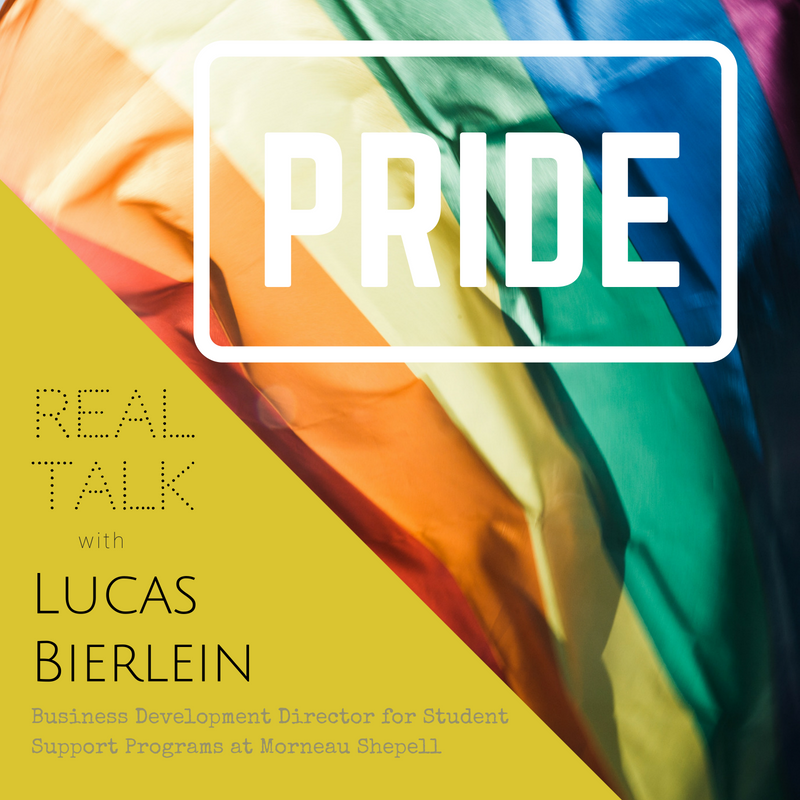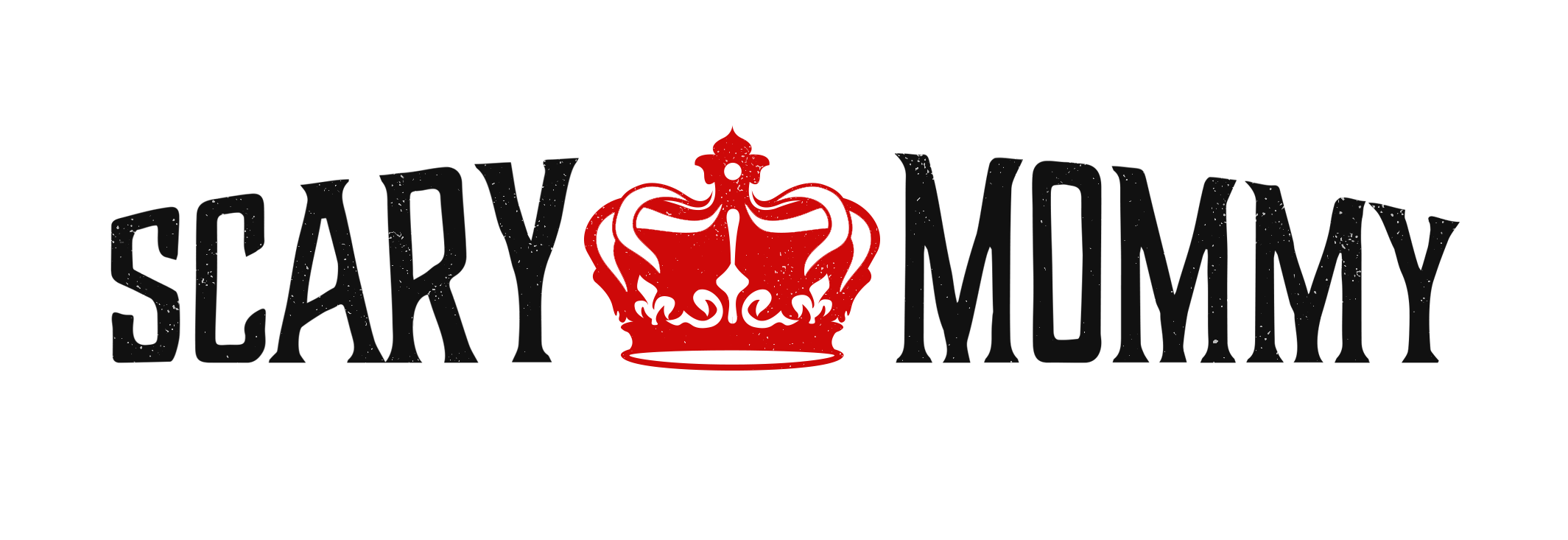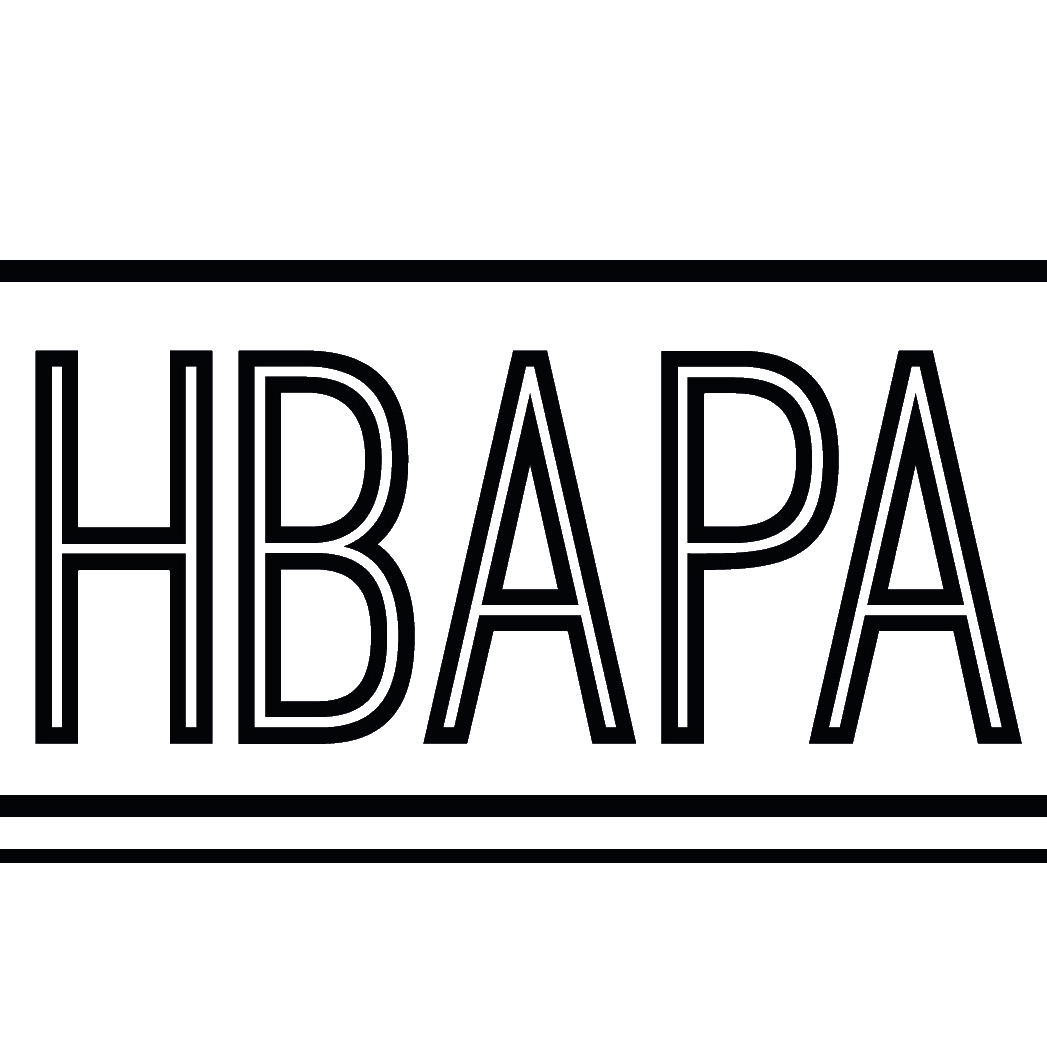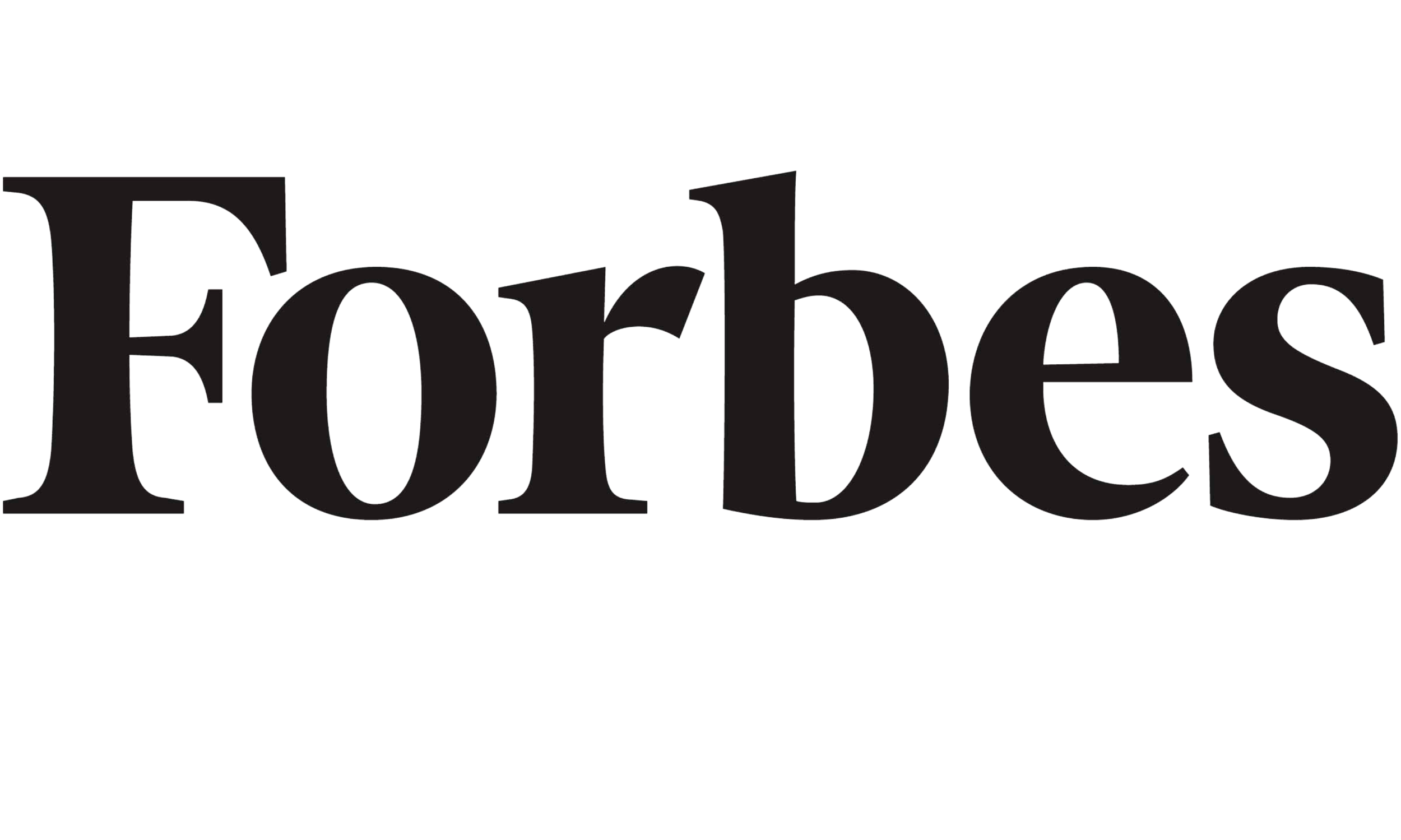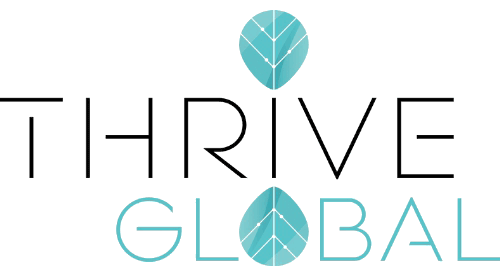It’s Pride month - a joyous time filled with parades, sparkles, and rainbows celebrating inclusiveness and the LGBTQ community. However, for many in this community the workplace does not have this magical, accepting environment. GLAAD reports that 40% of lesbian, gay, and bisexual people and almost 90% of transgender people have experienced employment discrimination, harassment or mistreatment.
Not okay.
When being yourself could cost you your livelihood, it’s easy to understand why it’s extremely difficult for the LGBTQ community to come out in the workplace.
To help us understand how to manage LGBTQ identity in the workplace, we enlisted the insight and experience of Lucas Bierlein, Business Development Director for Student Support Programs at Morneau Shepell. Lucas partners with campuses to extend student mental health support. We thought he’d be a great resource to talk about his experience as a gay man in the workplace, and offer insight to those considering coming out to their employers.
Out, proud, and Instagram-ready
------
What does Pride mean to you?
For me, Pride season is about celebrating this journey the community has been on over the past century, to take stock of where we are now, and to identify priorities within the work that still needs to be done in the future. Most recently, I’ve also seen it as an opportunity for advocates and allies to step forward and celebrate with us, and a time for others to learn more about a community that they may just becoming aware of. For many, it’s also a time to let loose and embrace the components of their identities that sometimes aren’t celebrated as equally as others -- even by them, themselves.
Have you ever experienced any discrimination in the workplace?
In my post-college career, working within higher and international education, I’ve been very fortunate to work for organizations that embrace diversity, and for supervisors who seem to share those values.
I had an early experience with gender discrimination that may have set a tone for me in terms of the types of organizations I’d later seek to work for: When I was 16, my very first job was working at a pizza restaurant in my very rural hometown in Washington state. The owners were religious and conservative, and I wasn’t “out” yet. They had a policy of dividing work tasks between genders: women (in their late teens and 20s) could hold certain roles, and men (guys of the same age) could have other jobs. I didn’t like the tasks associated with the roles men could hold, and I wasn’t good at them. I requested to be assigned to a position that was typically assigned to women, and they continued to ignore this request and assign me to the men’s roles. Eventually I just walked out. My parents didn’t love this approach, but I knew I was gay and I knew that my values, even where gender norms were concerned, didn’t fit with that working environment. I found a much better job within a week or two.
How can companies create a positive culture for its LGBTQ community?
I think this has to start at the top; it’s difficult to create a positive culture that embraces diversity unless your leaders do -- and that’s a personal, professional, and conscious decision on the parts of these individuals. Hiring managers and recruiters have a huge part in this as well -- you have to advertise this positive culture in order to attract LGBTQ community members as talent. It’s not enough to have team members march in the Pride parade once a year; this has to be a 365-day commitment to diversity (including LGBTQ) year-round. There should be LGBTQ representation on all major decision-making committees in the organization, especially those that relate to employees’ welfare (benefits, company culture, and HR-related committees). If these decisions are being made unilaterally without committees, the company has bigger problems than just underrepresentation of the LGBTQ community and should probably seek outside support from a corporate diversity consultant.
What kind of questions can candidates ask at the interview stage to gauge how welcoming a company is of LGBTQ staff?
I think it’s a pretty nuanced process to gauge the company’s overall attitude toward working with LGBTQ team members, and I think you really have to look at it on two levels, at least: the attitude at the company level, and the attitude at the team level within which you’d be working.
At the company level, of course you’ll want to be sure that LGBTQ or sexual orientation is included in their anti-discrimination policy. For larger companies, you may be able to discern its activity within the LGBTQ community with a simple Google search (Pride celebrations, donations for non-profits that further diversity initiatives, etc.). On the team level, do your homework on the individuals for whom, and with whom, you’d be working. You can bet that they’ll be taking a look at your social media presence, and you should do the same.
If you’re meeting with someone from HR, I would ask how the company defines diversity and how its commitment to diversity plays out in the day-to-day. I’d also ask what mechanisms are in place to be sure that diverse voices within the company are heard. For any company that purposefully considers diversity in their hiring and operating practices, these answers should come pretty easily.
What tips do you have for folks managing their LGBTQ identity in the workplace?
I have pretty high expectations for organizations in 2018, and I don’t think managing your LGBTQ identity should be any different from a straight person managing their “straight” identity within the workplace. Your activity with LGBTQ organizations -- whether that’s volunteering, or affiliation as a member, or a special event like an HRC Gala -- should be as openly shared as if those organizations were focused on religion or music or other hobbies and interests. Overall, I believe pretty firmly that organizations that don’t promote and support your values -- LGBTQ or otherwise -- probably don’t deserve to benefit from your talents, skills, and perspective.
------
For more information about being an ally to the LGBTQ community, visit the Human Rights Campaign. If you want to promote inclusiveness in your organization, contact us for training and consulting opportunities we offer.

